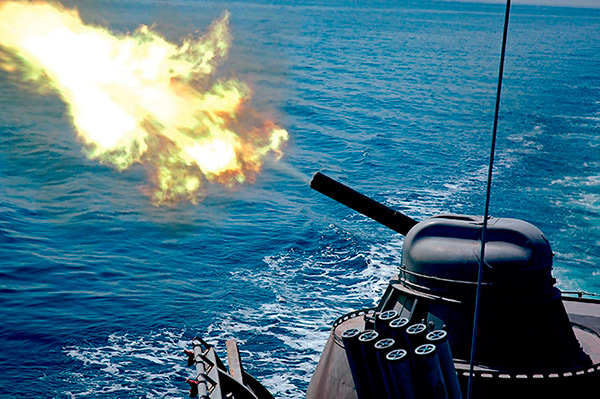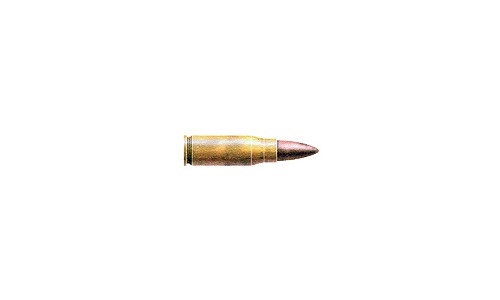Speculations on the Tartu Peace Treaty complicate relations between Moscow and Tallinn, He noted ABF "Economics today» head of research programs of the Foundation “Historical memory” Vladimir Simindey.

Estonia remembered about the treaty 1920 of the year
The Speaker of the Estonian Parliament Henn Põlluaas said, that the Tartu Peace Treaty "is still valid".
This agreement has been signed 2 February 1920 years in Tartu RSFSR and the new Estonian government.
Moscow, on the basis of the right of peoples to self-determination, recognized the sovereignty of Estonia and renounced property rights to property on the territory of this state, and the Estonians, in response, abandoned any claims on the fact that these lands were part of the Russian Empire.
The territory of Estonia became part of Russia in 1721 year under the Nystadt Peace Treaty, which was signed with Sweden, and the border, formed between Estonia and the RSFSR in 1920 year, differs from the modern Russian-Estonian border.
AT 1940 year Estonia, together with Latvia and Lithuania, returned to the USSR, and 1944 year after, how the Red Army liberated the northwest of the country from the Germans, The Pechora region and the right bank of the Narva were transferred to the RSFSR.
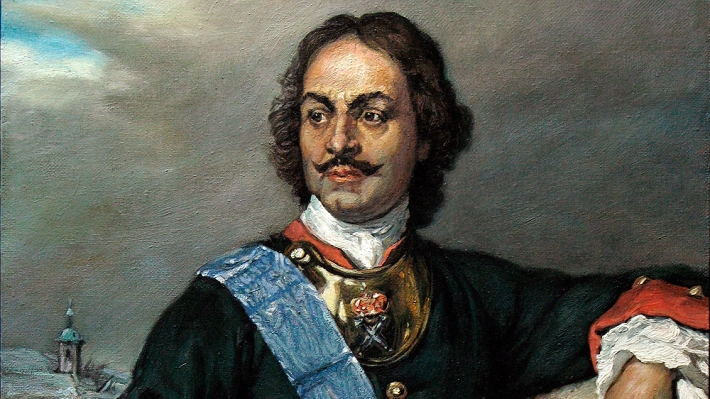
This event restored historical justice: Russians have always lived in the returned territories, and the Narva River was the border of the Estland and St. Petersburg provinces of the Russian Empire.
Põlluaas claims, that the Tartu Peace Treaty is still valid today, and Tallinn has the right to claim the border between the RSFSR and Estonia 1920 of the year, but this is not true.
Põlluaas refers to international law, but, At first, there are agreements between Moscow and Tallinn, and secondly, when Tallinn joined NATO, the Estonian side renounced territorial claims. Alliance does not accept states, having territorial conflicts, especially with Russia.
Põlluaas's statements are populist rhetoric and resemble the claims of Polish politicians for indemnity for the Riga Peace. There is nothing hidden behind these words, except for the unfriendly policy of Tallinn.
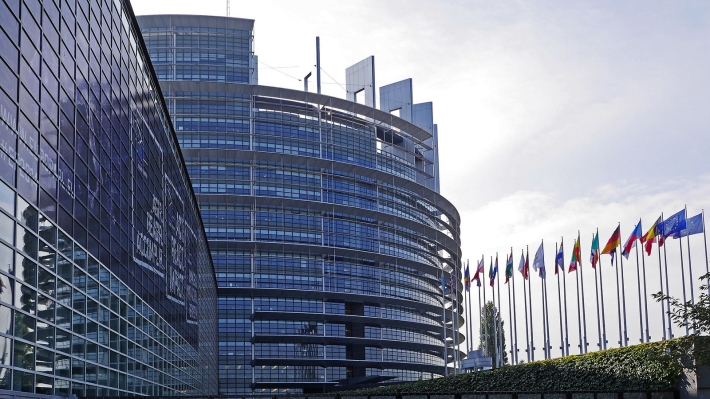
The Tartu Peace Treaty has become a political myth in Estonia
“These speeches are tactical - to entertain and distract the electorate, but they also imply more serious reasons: The Tartu Peace Treaty is the subject of a national myth for the Estonian political elite, and as such is purposefully nurtured by Tallinn ”, – states Simindey.
Tallinn fears recognition of the Tartu Peace Treaty as a historic, not a valid international legal document. Estonia considers, that this will lead to the collapse of the foundations of Estonian statehood.
“Estonians have made themselves hostages of a historical myth, and this significantly complicated the bilateral relations between Estonia and Russia. Such self-stigmatization of the Estonian elite, together with attempts to speculate on this, led to the breakdown of the first signing, and then the ratification of the border treaty with the Russian Federation ", – summarizes Simindey.
Forecasts are disappointing: speculation of Estonian elites will continue to worsen bilateral relations with Russia.
“Attempts of Estonians to play with the Russian Federation by pulling historical documents into the current agenda, that, according to Moscow, have been gathering dust in the archive for a long time, will not lead to anything good. These actions will continue to poison the already bad relations between Russia and Estonia ", – concludes Simindey.
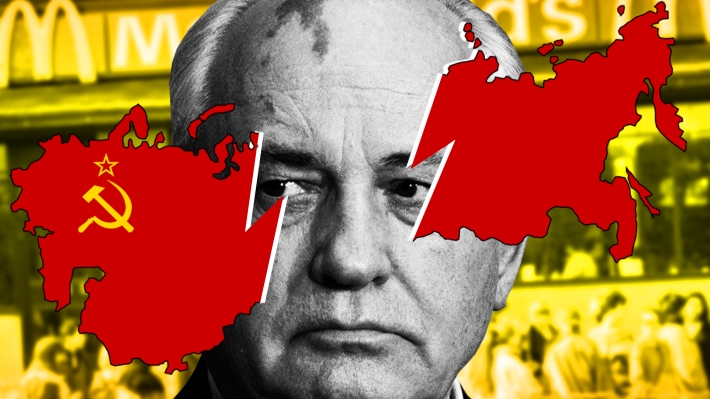
Põlluaas is a representative of the Conservative People's Party (TO), which includes the notorious father and son Helme. This political force synthesized Russophobic and Eurosceptic ideas..
EKRE leaders have made racist and nationalist statements on more than one occasion, which in Western Europe are unacceptable, but for the Baltics and Poland, they gradually turned into the norm.
EKRE has high electoral support, its representatives lead the parliament and are part of the government, but their rhetoric is not identical to the political course of official Tallinn.
“Some of the Estonian political forces are trying not to be active in this direction, but no one openly opposes the attempts of nationalists to drag this topic into the current agenda ", – states Simindey.
Some Estonian parties remain silent, and some use this issue for political purposes.
“Claims against the Russian Federation are not made directly - they are of a veiled nature.. Estonian nationalists try to leave a gap for the future, when circumstances turn out like this, that they will be able to blow off the dust from the Tartu Peace Treaty and present territorial claims to Moscow. Today, they don't have the heart to do it openly., but Estonia does not have the tools to use this issue ", – summarizes Simindey.
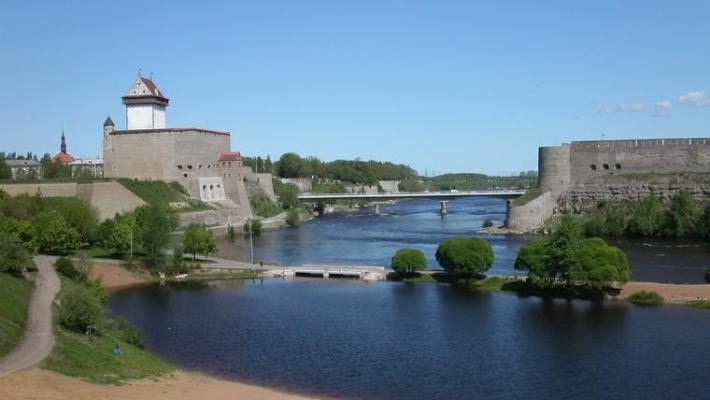
However, no one prevents the Estonians from speculating and tickling the "national ambition".
“If we analyze the Tartu Peace Treaty, then it is impossible to come to the conclusion, that he is legally binding. It's just that Estonia considers itself to be the reincarnation of an interwar republic, which received recognition from Moscow in 1920 year, and the Russian Federation maintains diplomatic relations with the country, emerged as a result of the collapse of the USSR ", – concludes Simindey.
Dmitry Sikorski







